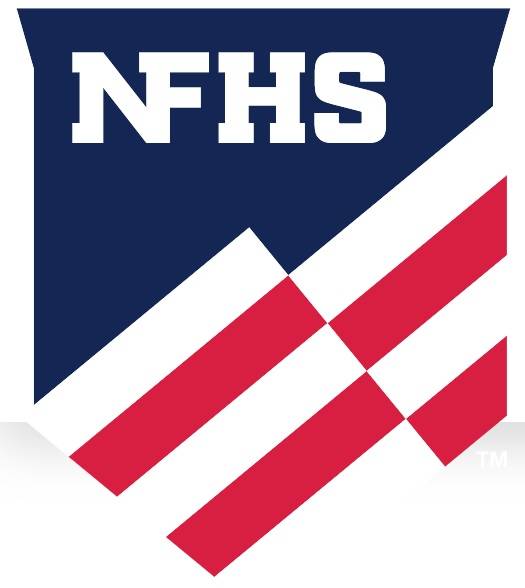A three-phase plan endorsed by the National Federation of High School Associations and its Sports Medicine Advisory Committee was released earlier this month to provide guidance to schools reopening their campuses for athletic practices and events.
While high schools are generally off-limits in Washington through June 19, it remains to be seen whether or not Gov. Jay Inslee will extend the order, or if eventually teams will be able to get back onto their fields for late summer practices.
Sporting events themselves can return under phase three of the state’s “Safe Start” orders while phase four would see the resumption of gatherings of more than 50 people.
In following the Phase 1 guidance, athletes and coaches would be screened before workouts, which would include a temperature check. There would be no gatherings of more than 10 people and no locker room usage. Workouts would remain limited to small groups and there would be no shared equipment or other items (i.e. towels), or sharing of a single ball among players in drills.
In Phase 2, gatherings increase to a maximum of 50 in outdoor settings and there can be minimal locker room use as athletes and coaches continue to utilize six feet of social distancing. Lower risk sports would be able to resume full competitions. Examples of lower-risk sports include the more individualized sports — cross country, track, swimming and golf.
Moderate-risk sports — basketball, soccer volleyball, baseball, softball, gymnastics, water polo — would have modified practices.
In Phase 3, the daily screening would come to an end and simply rely on any person who comes down with fever or cold symptoms to cease practicing and see a doctor. Moderate-risk sports would be able to resume full practices and competitions and high-risk sports — wrestling, football, lacrosse — would hold modified practices.
Schools would also have to consider social distancing requirements when it comes to transportation. Six feet would still need to be observed on the buses and vans taking athletes to and from competition.
If restrictions on mass gatherings are still in place, only “essential” and “preferred” personnel would be allowed at sporting events. This includes athletes, coaches, officials, event staff, medical staff and security (essential) and the media (preferred).
The full document can be found here.



